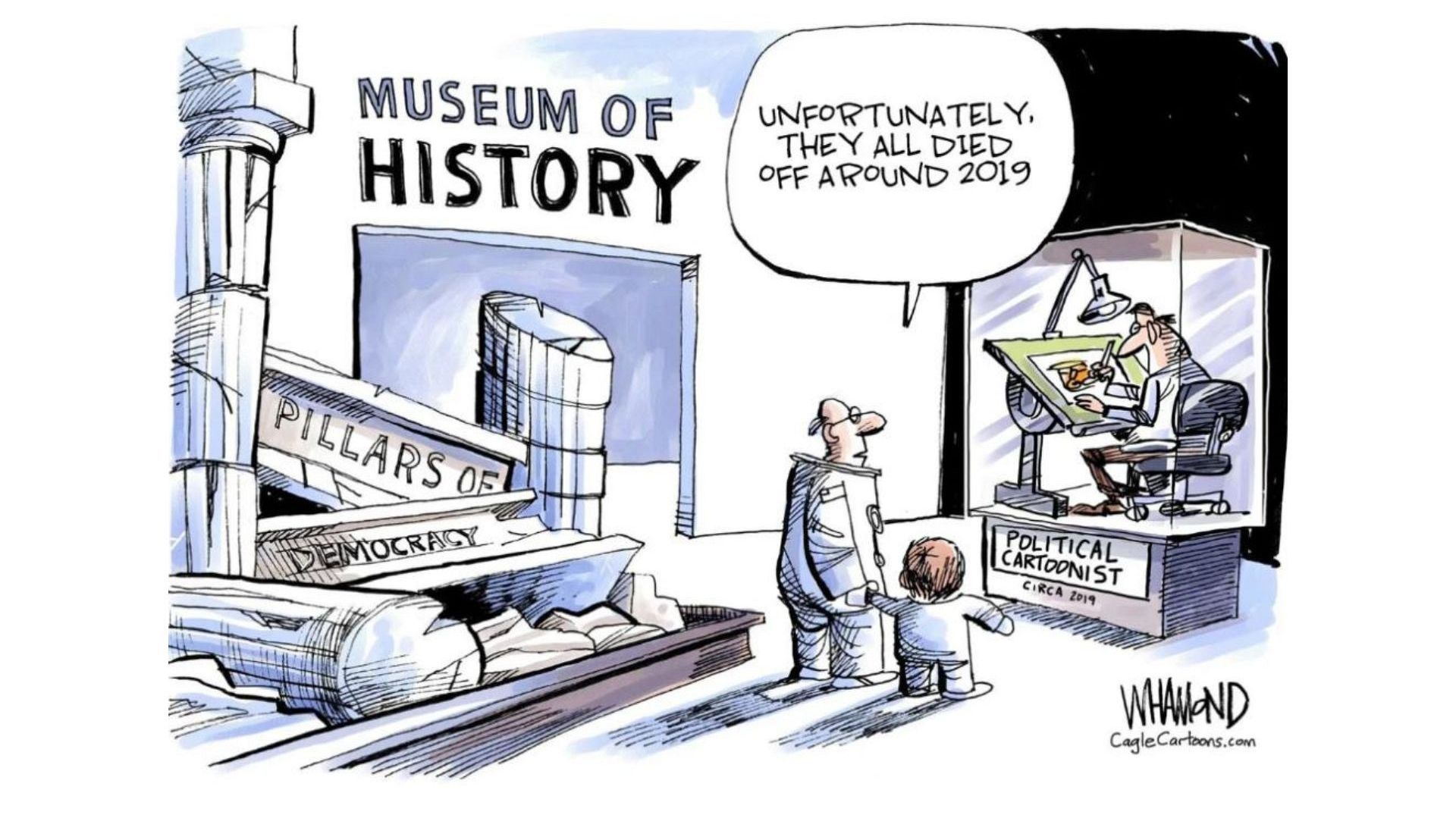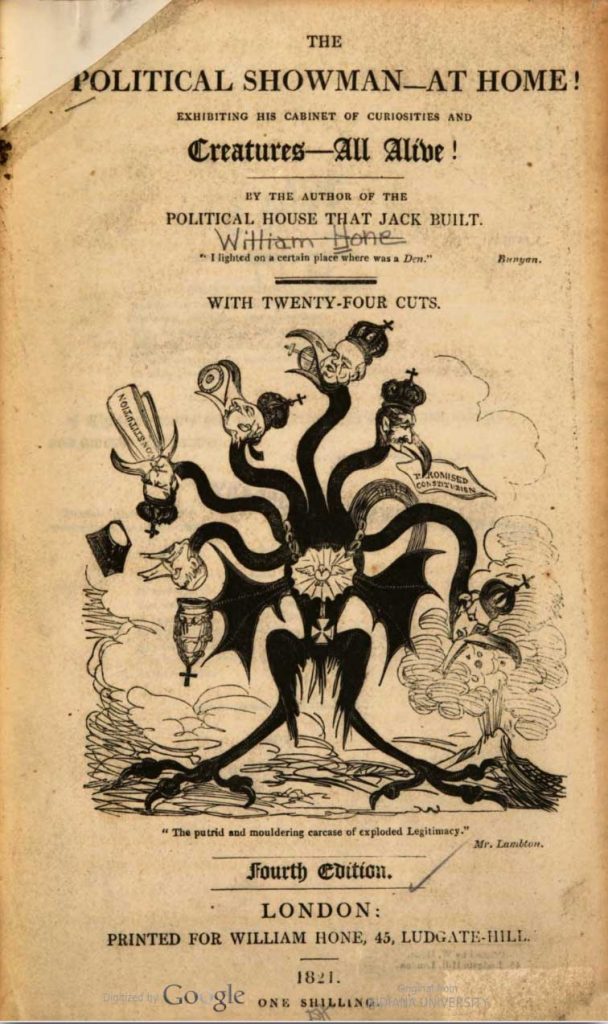Decoding John Oliver'S Political Satire: Techniques And Influence

Political satire holds a mirror to society, reflecting its flaws and absurdities through humor. Among the most prominent figures in this realm is John Oliver, whose show "Last Week Tonight" has transformed political commentary into a vibrant art form. In this article, we will explore John Oliver's unique approach to political satire, the techniques he employs, and the significant impact of his work on public discourse.

Introduction to Political Satire
Political satire is a genre that uses humor to critique politics and societal issues. It allows audiences to engage with complex topics in a digestible manner. In today's fast-paced media landscape, satire serves as a crucial tool for fostering political awareness and encouraging civic engagement. John Oliver’s work exemplifies this, as he navigates the intricacies of current events while keeping viewers entertained.
John Oliver's Unique Style
John Oliver's background shapes his distinctive comedic voice. Born in England and later making his mark in the U.S., Oliver blends British wit with American sensibilities. His experience as a correspondent on "The Daily Show" laid the foundation for his satirical style. Personal anecdotes and cultural references often enrich his commentary, making it relatable and impactful. This mix of humor and insight draws millions of viewers each week.

Techniques of Political Satire
Humor and Irony
Oliver expertly uses humor and irony to highlight the absurdities of politics. By presenting serious issues in a light-hearted way, he makes them more accessible. For instance, his segment on the 2016 U.S. presidential election combined clips of candidates' statements with comedic commentary, revealing their contradictions. This technique encourages viewers to think critically about the political landscape.
Exaggeration
Another powerful technique in Oliver's arsenal is exaggeration. By amplifying certain characteristics or decisions of public figures, he exposes their flaws. A notable example is his coverage of corporate greed, where he exaggerated the lengths companies go to avoid accountability. This not only entertains but also prompts viewers to question the status quo.
Cultural References
Cultural references play a vital role in Oliver's satire. He often weaves in familiar elements from pop culture, making complex issues relatable. For instance, his comparison of the U.S. healthcare system to the game show "The Price Is Right" illustrated its unpredictability and pitfalls. These references help bridge the gap between politics and everyday life.

Impact of Satire on Society
The influence of John Oliver's political satire extends beyond entertainment. Research shows that satire can significantly shape public opinion and enhance political awareness. For example, studies indicate that viewers of "Last Week Tonight" are more informed about the topics Oliver covers. Viewer feedback often highlights how his segments inspire conversations about important issues, encouraging civic engagement.
One case study involved Oliver's segment on net neutrality, which sparked widespread discussion and advocacy. Many viewers reported feeling motivated to contact their representatives after watching his analysis. This illustrates the potential of satire to not only entertain but also drive social change.
Conclusion
In summary, John Oliver's political satire combines humor, irony, exaggeration, and cultural references to engage audiences and critique contemporary issues. His work not only entertains but also informs, making complex political topics more accessible. As we reflect on the significance of satire in political discourse, it becomes clear that figures like Oliver play a critical role in shaping public opinion. By embracing the power of humor, we can foster deeper engagement with the world around us. So, tune in to "Last Week Tonight" and see how laughter can lead to meaningful conversations about the issues that matter.